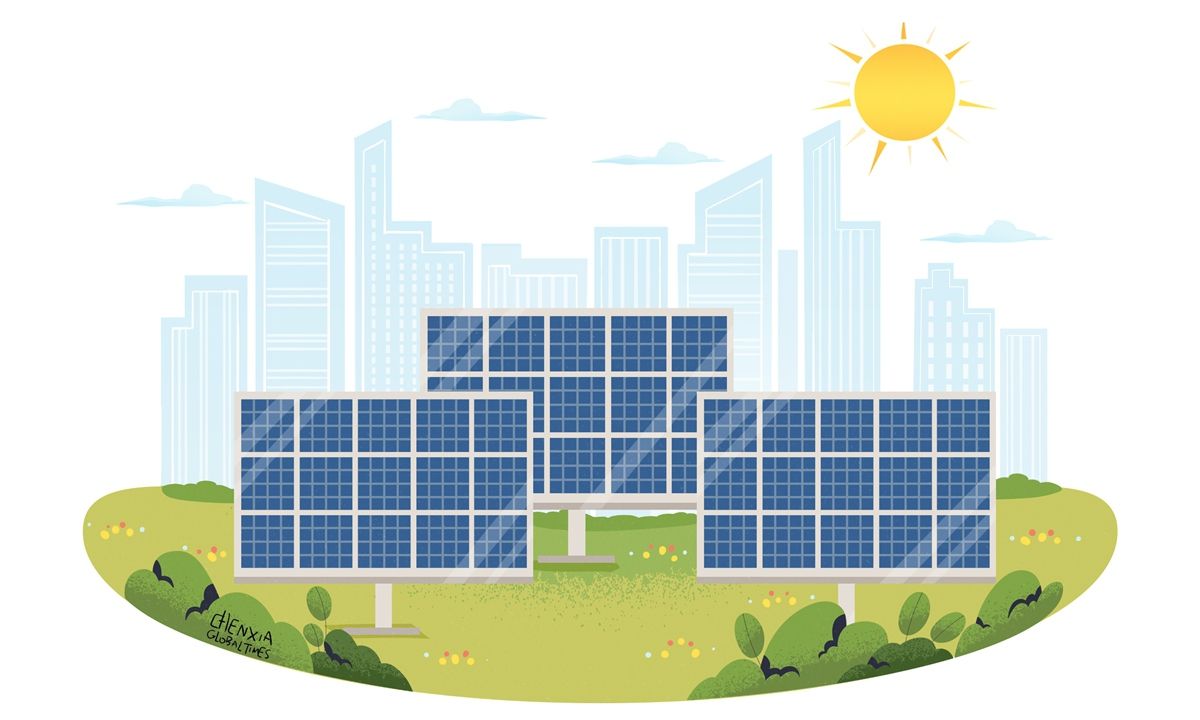India's Solar Ambition Challenges China's Dominance in Renewable Energy

By [Your Name], Alayaran.com
NEW DELHI - India's vigorous push into renewable energy is drawing significant global interest, with the country setting ambitious targets that some Western media outlets, like The Wall Street Journal, suggest could rival China's stronghold in the green supply chain.
The Indian energy conglomerate, Adani Group, is at the forefront of this initiative, establishing a comprehensive solar supply chain from the production of ingots, wafers, cells, and panels, with plans to soon include polysilicon. This move reflects a broader trend among major Indian energy firms in response to the government's National Electricity Plan, which aims for a renewable energy capacity of 500 gigawatts by 2030 and over 600 gigawatts by 2032, aligning with the nation's commitment to achieve net zero emissions by 2070.
However, industry experts emphasize that while India's efforts are commendable, the success of a solar sector isn't just about local manufacturing. "The solar industry thrives on integrated supply chains and continuous technological advancements," noted an energy analyst.
China's dominance in solar technology, exemplified by companies like LONGi Green Energy Technology and Trinasolar, underscores this point. LONGi recently set a new world record with its HPBC 2.0 back contact solar cells achieving a 25.4 percent efficiency rate, while Trinasolar's n-type bifacial i-TOPCon cell reached 25.9 percent efficiency. These innovations not only lower costs but also enhance the performance of solar products, giving China a competitive edge.
Despite these advancements, India currently relies heavily on imports, with China supplying over 60 percent of its solar equipment. "To truly compete, India must focus not just on manufacturing but on fostering innovation and comprehensive supply chain development," said an industry insider.
The path to a robust domestic solar sector involves substantial investments in research and development, encouraging independent innovation, and a long-term commitment to sustainable energy solutions. "This is not just about catching up; it's about setting a new pace in renewable energy," remarked an official from India's Ministry of New and Renewable Energy.
As India continues its journey towards energy self-sufficiency, the global community watches closely, recognizing that the evolution of its solar sector could reshape the dynamics of the renewable energy landscape worldwide.
